Swiss cinemas left breathless by Godard’s 90th birthday
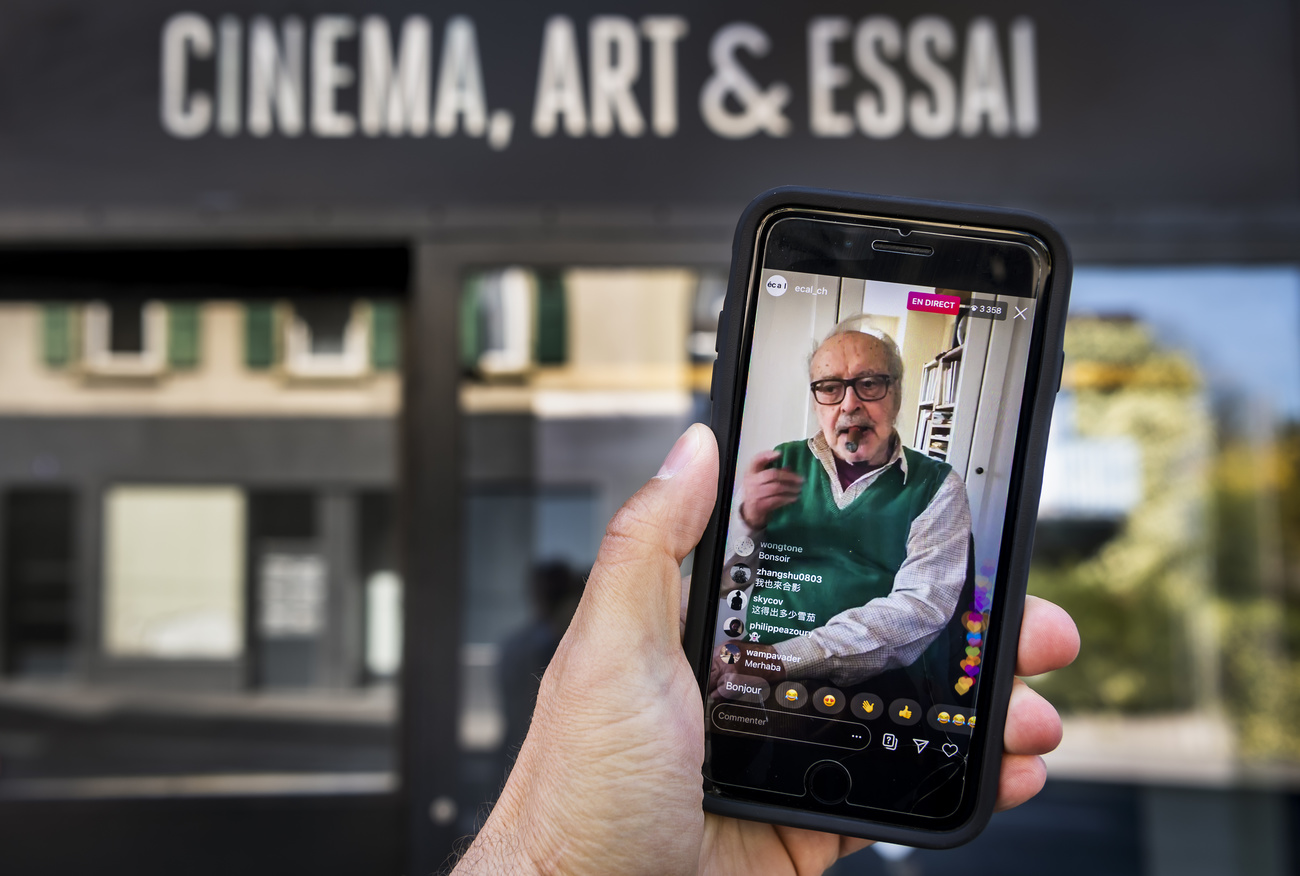
While new waves have got a very bad press recently, cinemas across Switzerland are busy planning retrospectives for the 90th birthday on Thursday of Franco-Swiss filmmaker Jean-Luc Godard.
While the co-founder of the Nouvelle Vague film movement apparently doesn’t think much of birthdays, collaborator and fellow director Fabrice Aragno says a few events are planned to mark the occasion.
Godard’s most recent work, the avant-garde film Livre d’image (The Image Book), which won a special Palme d’Or at Cannes in 2018, will be shown in a few cinemas in German-speaking Switzerland for the first time. For this, Godard has produced a German version. “He speaks a lot in the film and it would have been impossible to dub him,” Aragno said.
The Rex in Bern plans to screen 20 of Godard’s films, including Livre d’image, the ground-breaking A bout de souffle (Breathless, 1959) and the 3D Adieu au langage (Goodbye to Language, 2014). Cinemas in Bern are closed owing to the Covid-19 pandemic until at least December 14, but the Rex hopes to start showing the films as soon as possible.
Retrospectives are also planned in Basel and Zurich, as well as in French-speaking Switzerland, but they too have been delayed.
Aragno says there are also plans, pandemic permitting, to take the exhibition Sentiments, Signes, Passions – à propos du livre d’image, around Europe. The successful exhibition was held at the Château de Nyon this summer alongside Nyon’s Visions du Réel international documentary film festival.
Godard’s films will also feature in festivals in Switzerland and around the world. The Swiss Film Archive in Lausanne will devote two days to him on January 8 and February 11 with three films emblematic of his career.

More
Will there be a happy ending for Swiss cinemas?
Prolific career
Godard was born into a wealthy Parisian family of Swiss origin on December 3, 1930. He spent his childhood in Nyon, overlooking Lake Geneva in western Switzerland. After studying ethnology in Paris, he planned to become a writer, then a painter before turning to the cinema. He became a Swiss citizen in 1953.
In addition to a taste for provocation – he has been dogged by accusations of anti-SemitismExternal link – he is highly prolific. He has shot or participated in nearly 150 films and videos. A bout de souffle (1959) became the flagship work of the New Wave and was followed by Le Mépris (Contempt, 1963), Alphaville (1965), Pierrot le Fou (Pierrot the madman, 1965), La Chinoise (1967), Sauve qui peut (la vie) (Every Man for Himself, 1980, King Lear (1987) and the eight episodes of Histoire(s) du cinéma (1988-1998).
With his radical film aesthetics, Godard is one of the directors who left their mark on cinema well beyond the 1960s. As part of the Nouvelle Vague, he broke cinematic conventions – for example his use of jump cuts in A bout de souffle – and created his own experimental film language.
His muses included Anna Karina and Anne Wiazemsky, both of whom he married. He has lived with Swiss filmmaker Anne-Marie Miéville in Rolle, just down the road from Nyon, since 1977.
Enigma
In recent years Godard has increasingly focused in his films on the past and the present, mixing documentary film, fiction and formal exploration with philosophical and artistic references and disillusioned musings about the world. As a result, he remains an enigma for the general public.
As for Godard’s current creative activity, “two projects are in progress on Jean-Luc’s kitchen table and in my studio”, Aragno revealed. He can’t say much more at the moment, except that they are two different films and he has already started shooting images for one of them.
Godard remains “very lively in spirit, in outlook, in point of view”, he stresses. In particular, he is very open to digital technology. “In his prolific career he’s never made the same film twice, but his lucidity has been the same from the start. He’s a great believer in the idea of cinema, as opposed to commercial cinema, which too often wallows in the gutter.”

In compliance with the JTI standards
More: SWI swissinfo.ch certified by the Journalism Trust Initiative
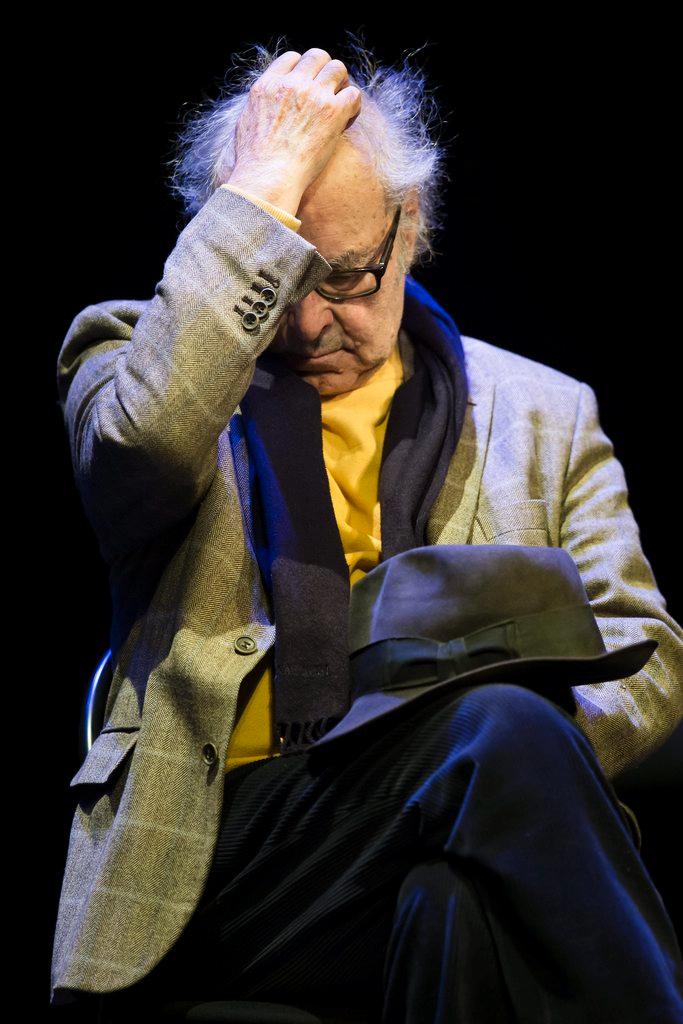
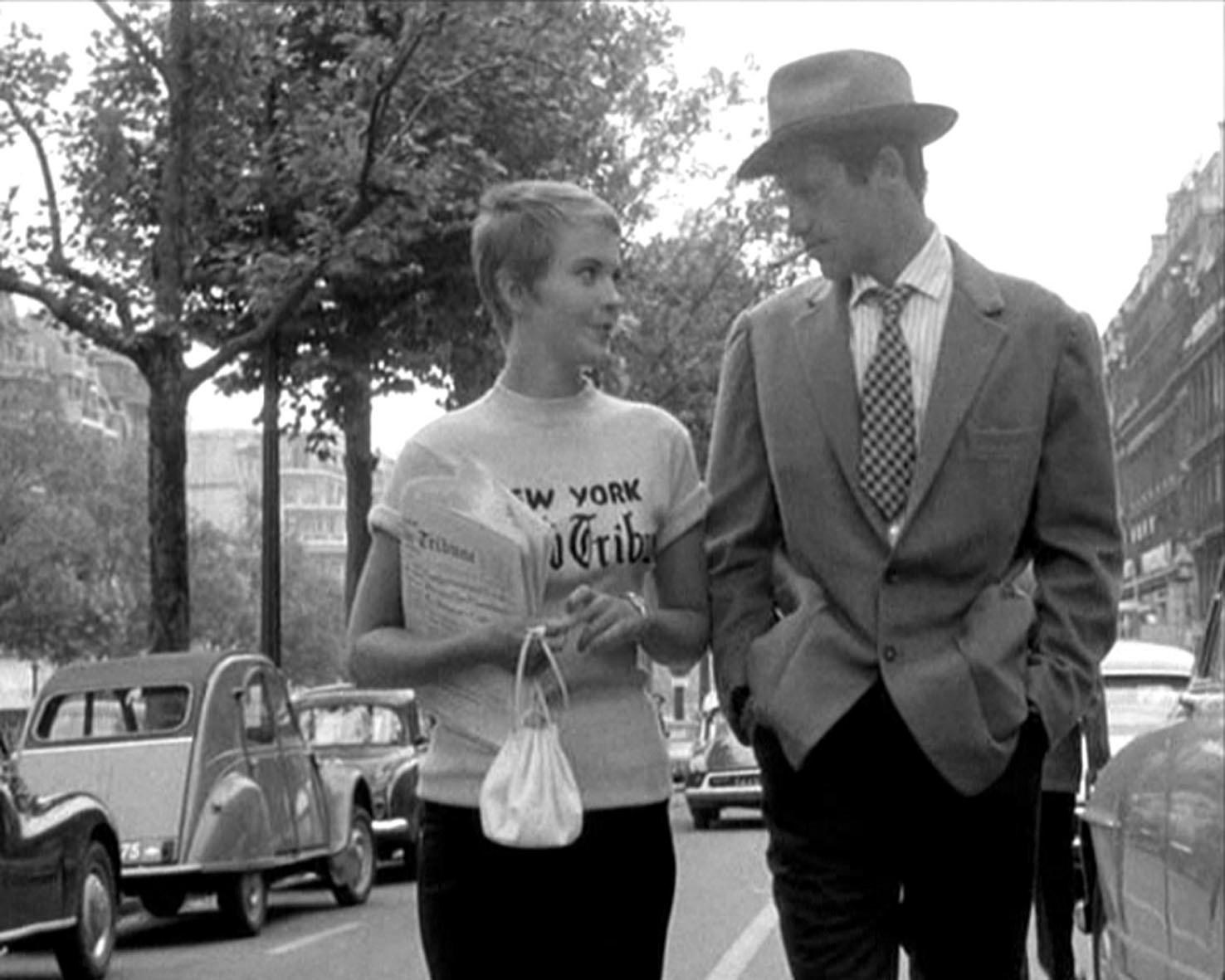
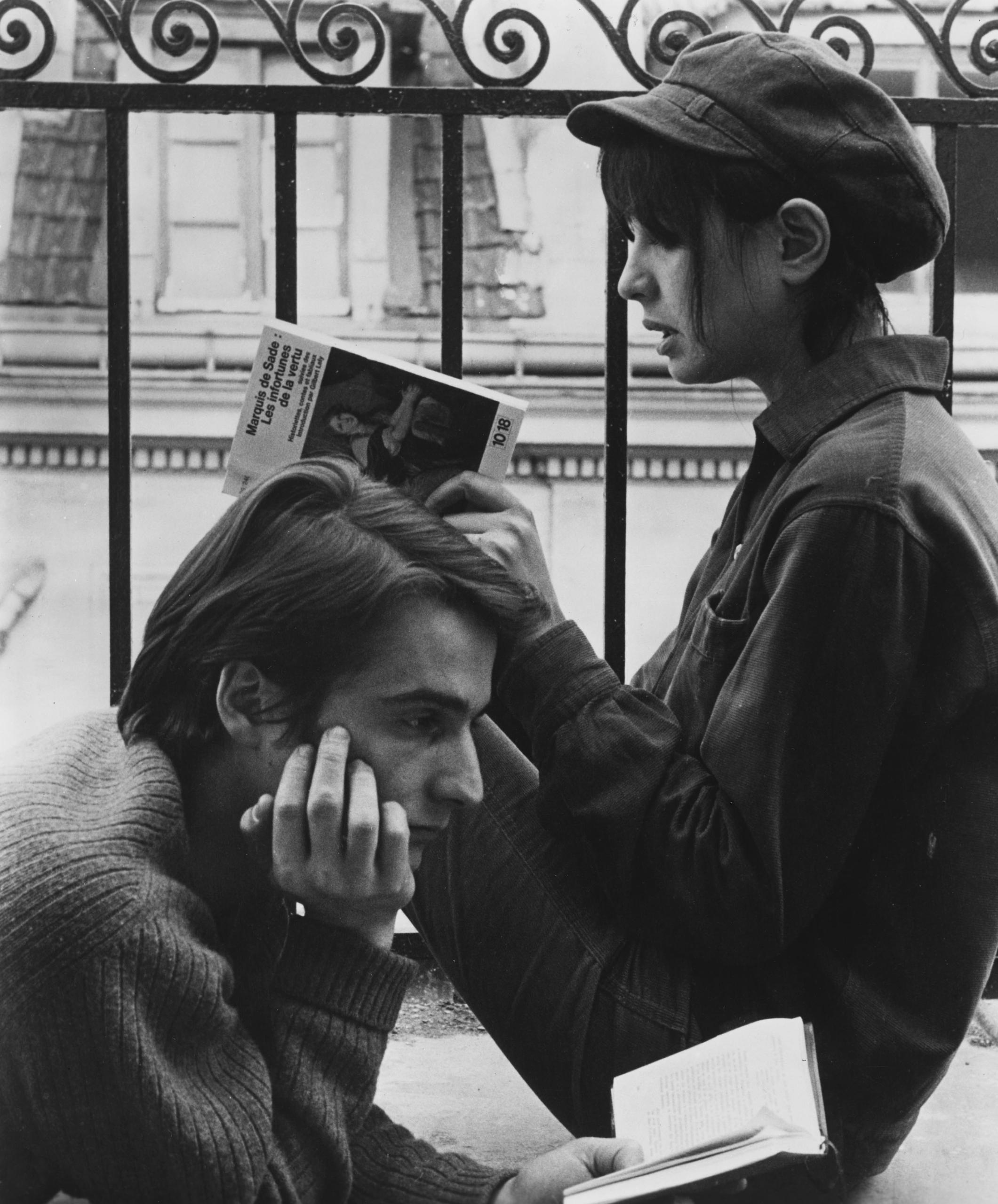
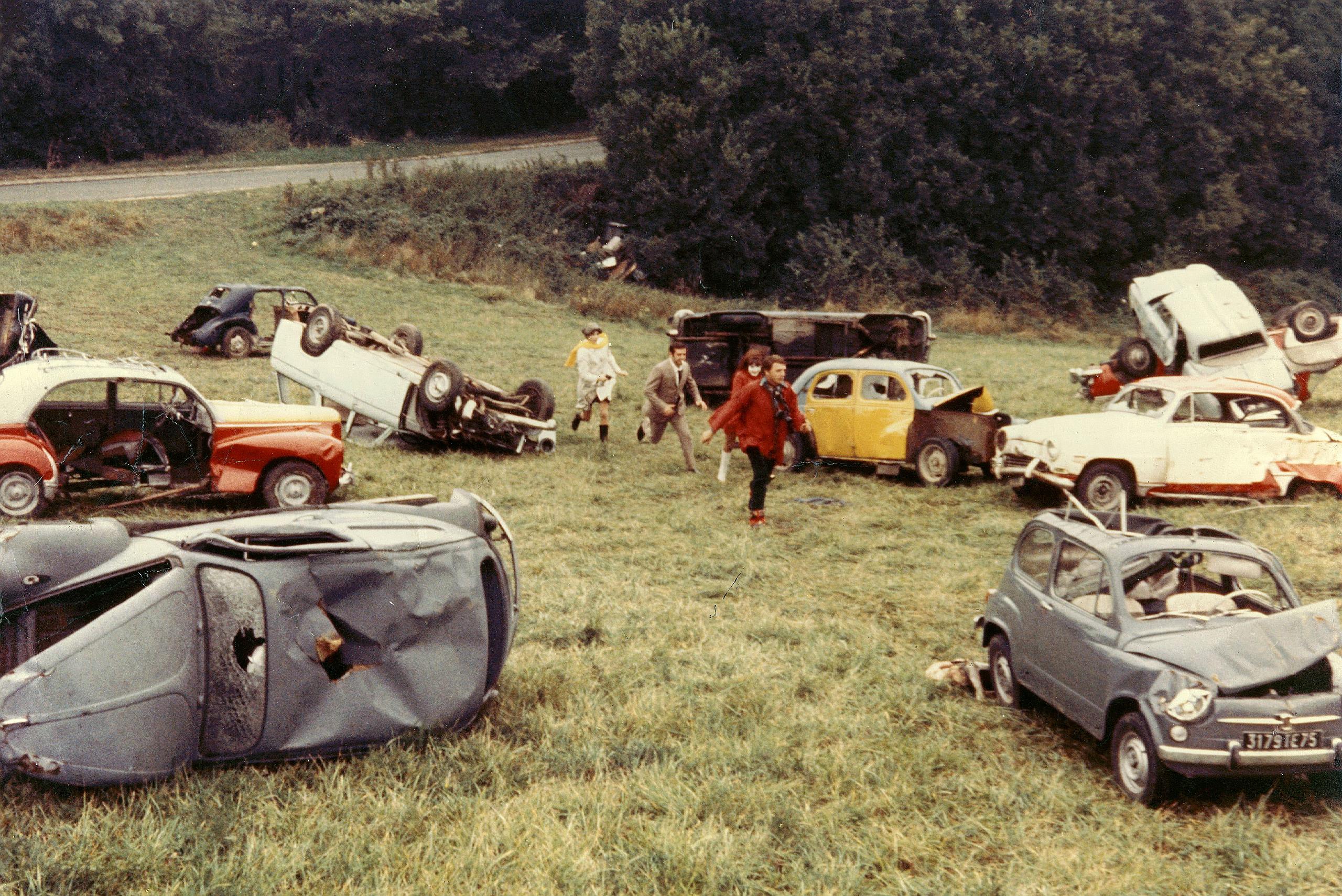
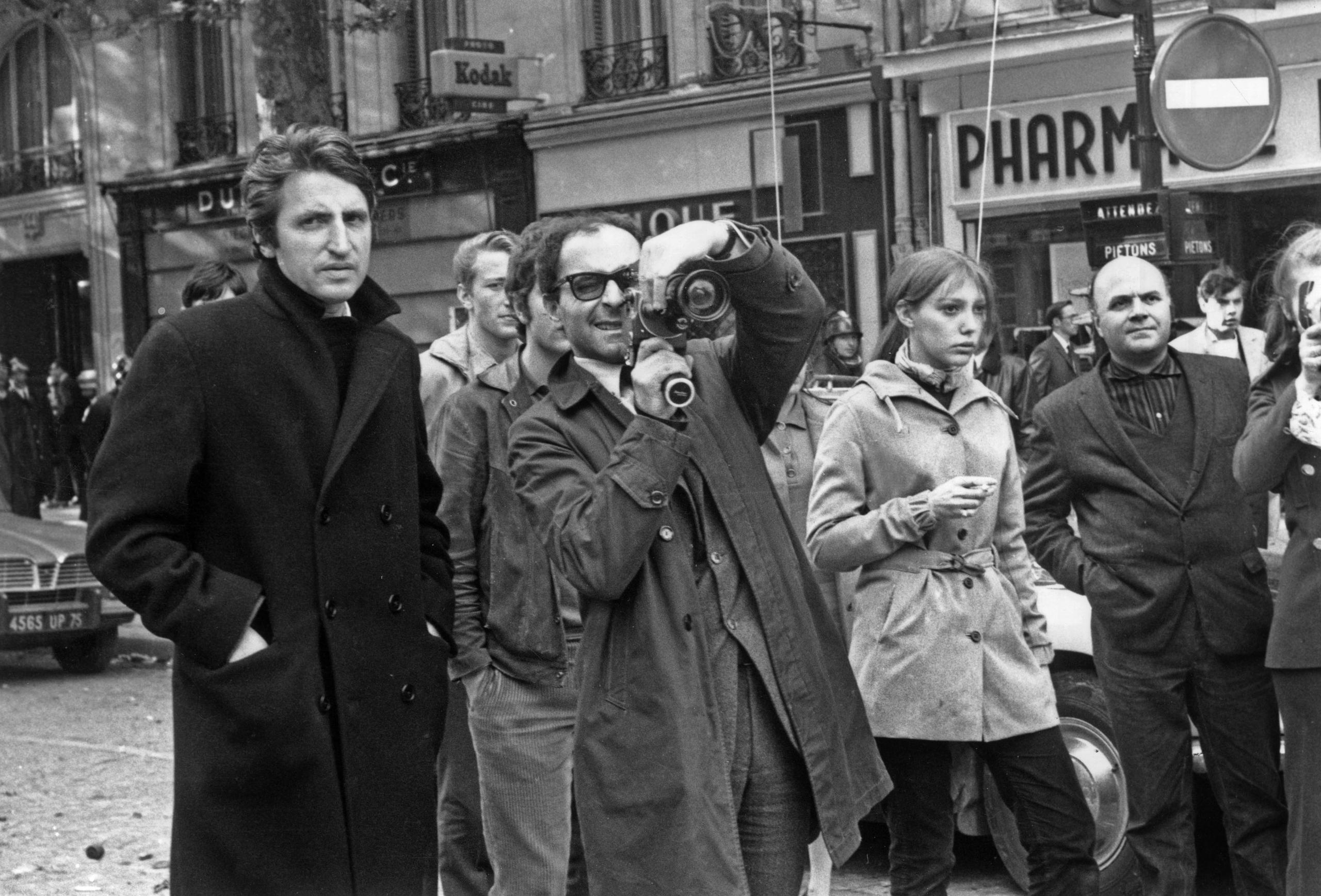

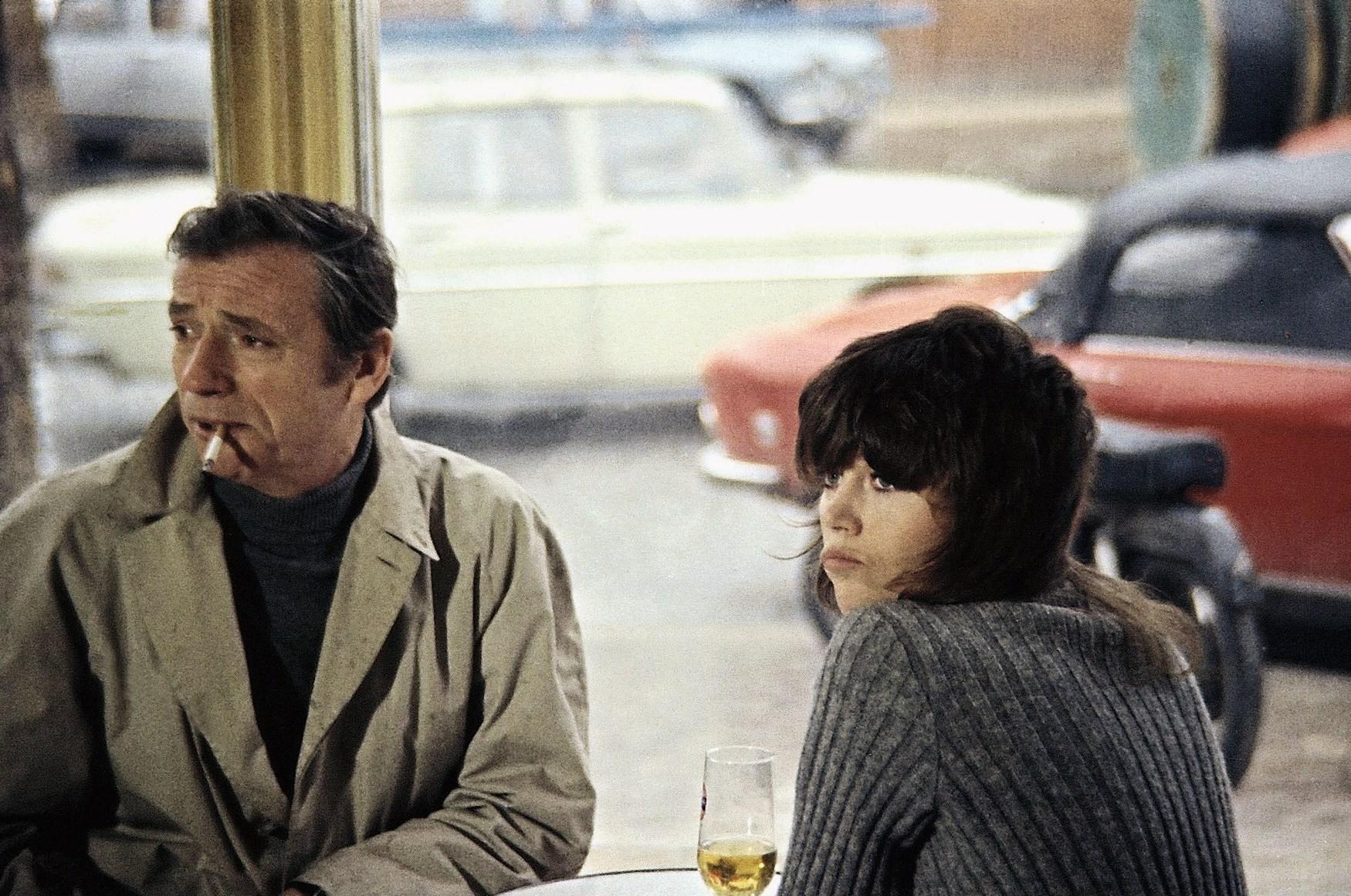
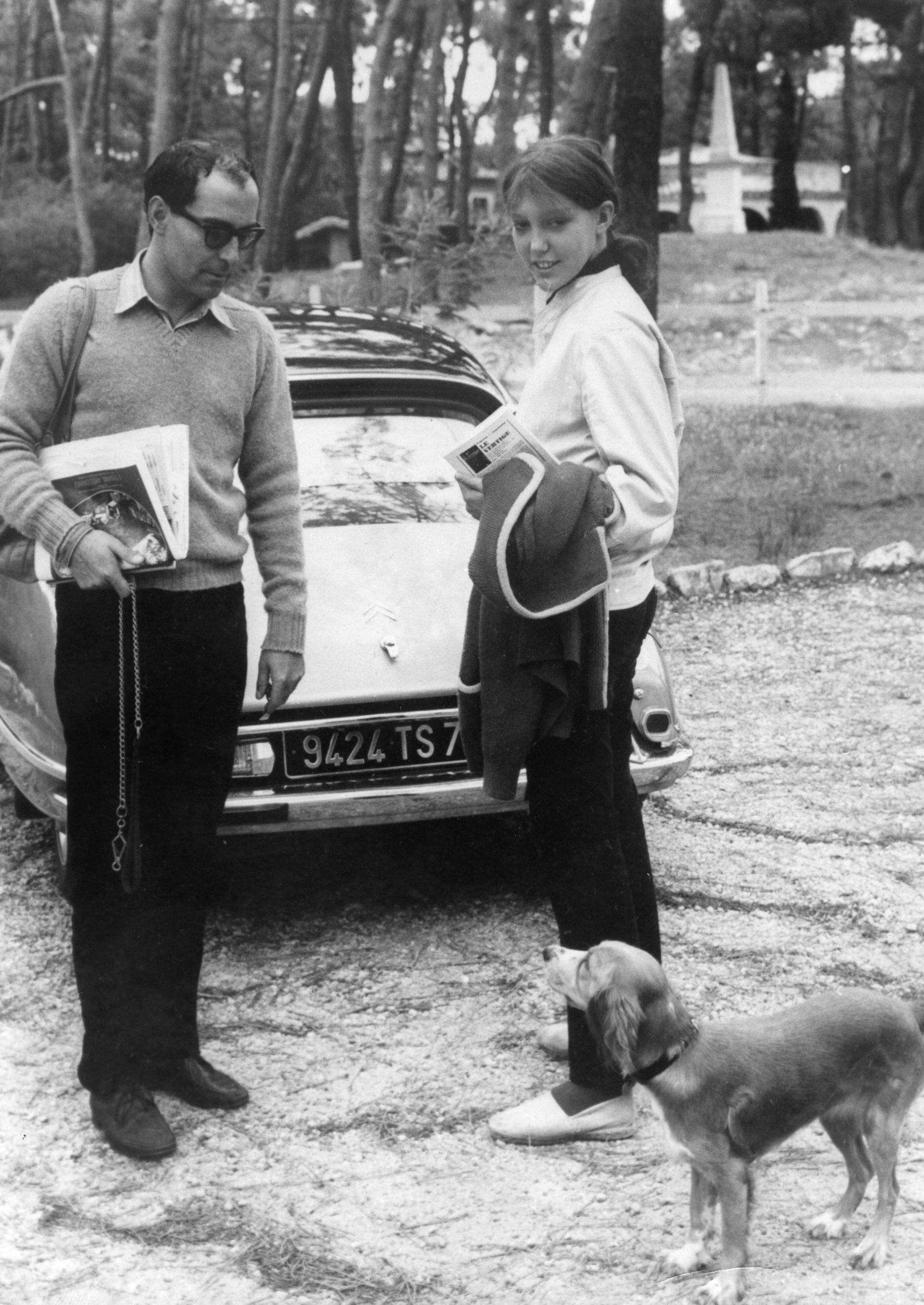

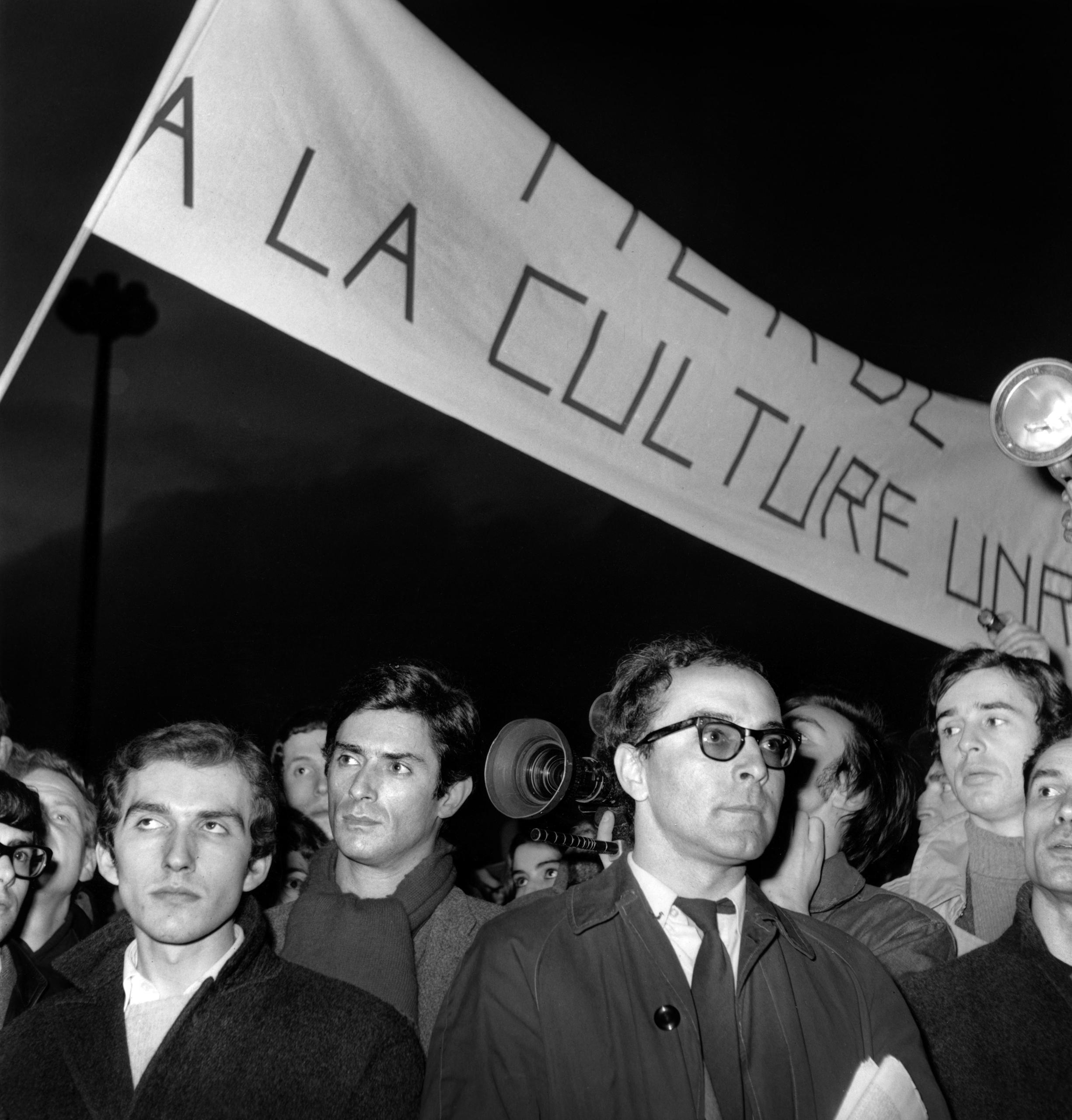
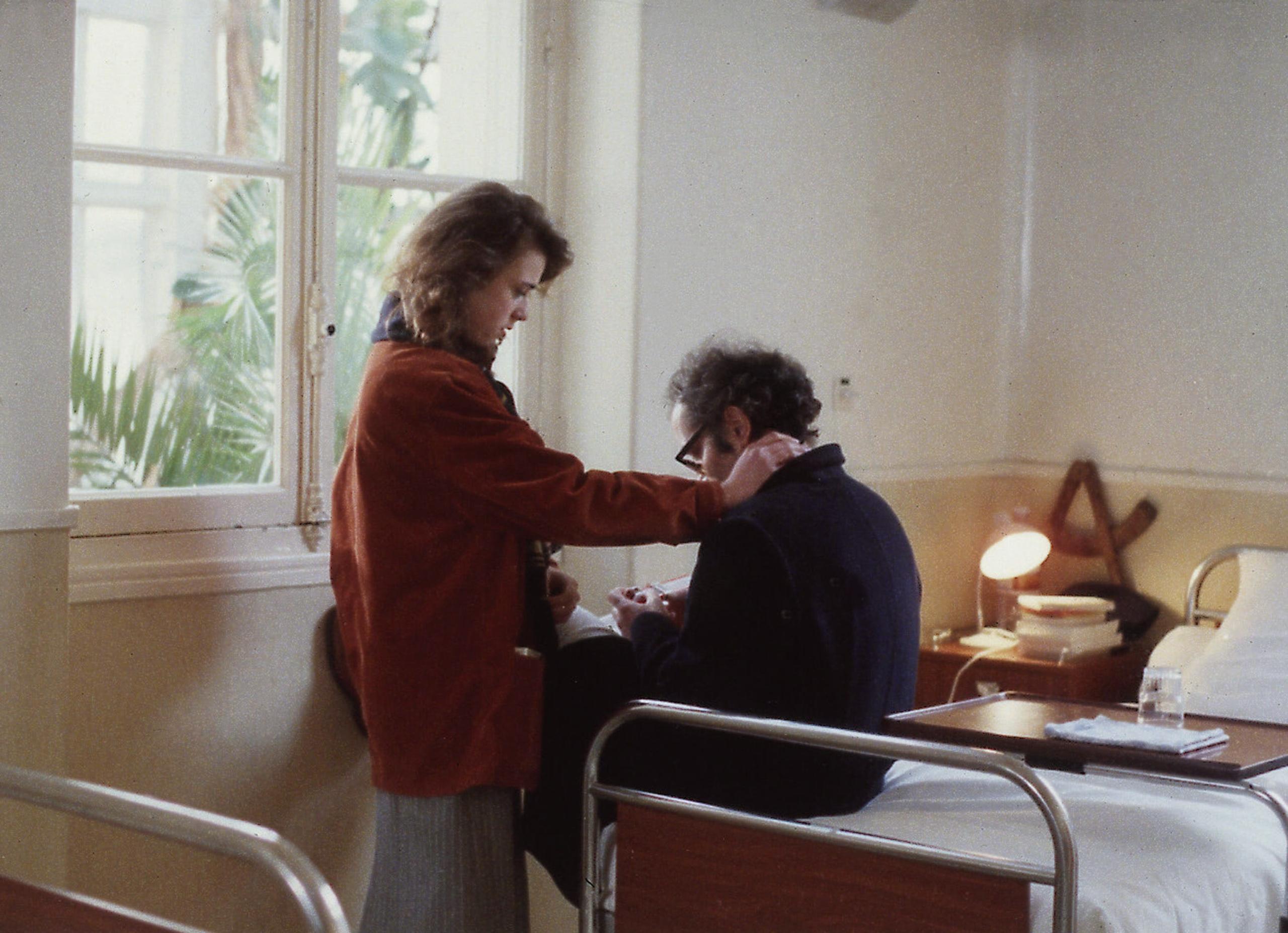
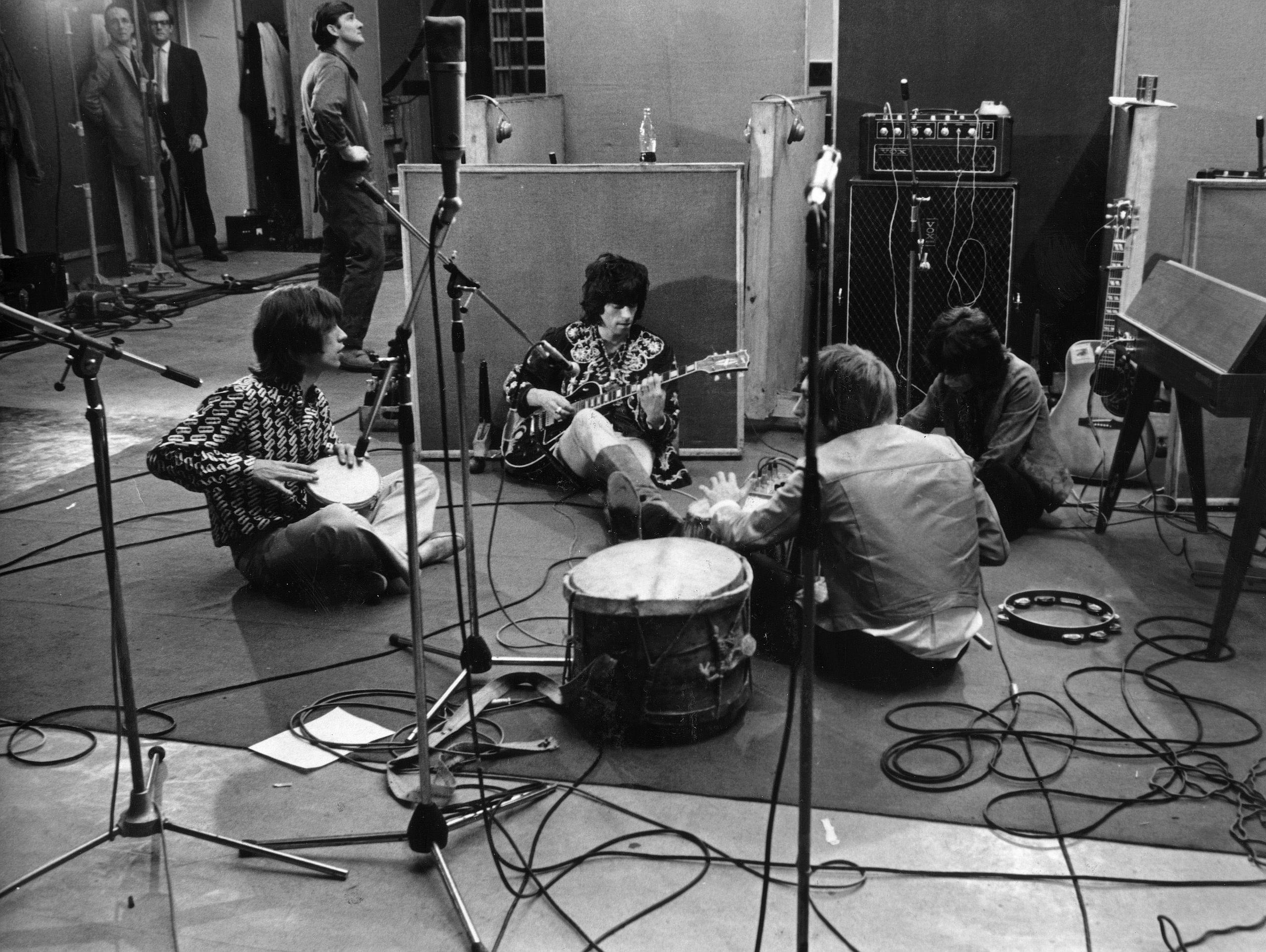
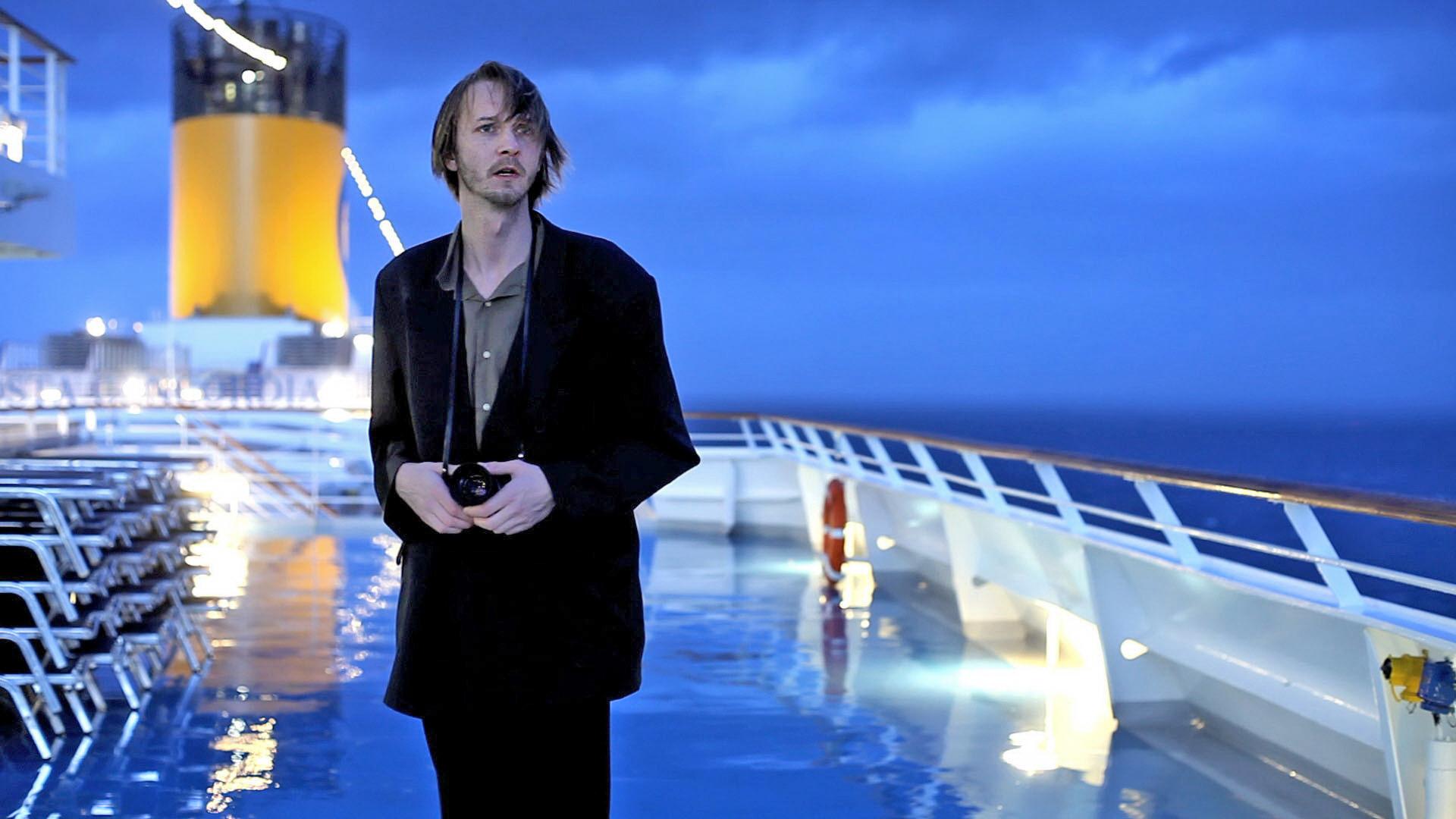



You can find an overview of ongoing debates with our journalists here . Please join us!
If you want to start a conversation about a topic raised in this article or want to report factual errors, email us at english@swissinfo.ch.